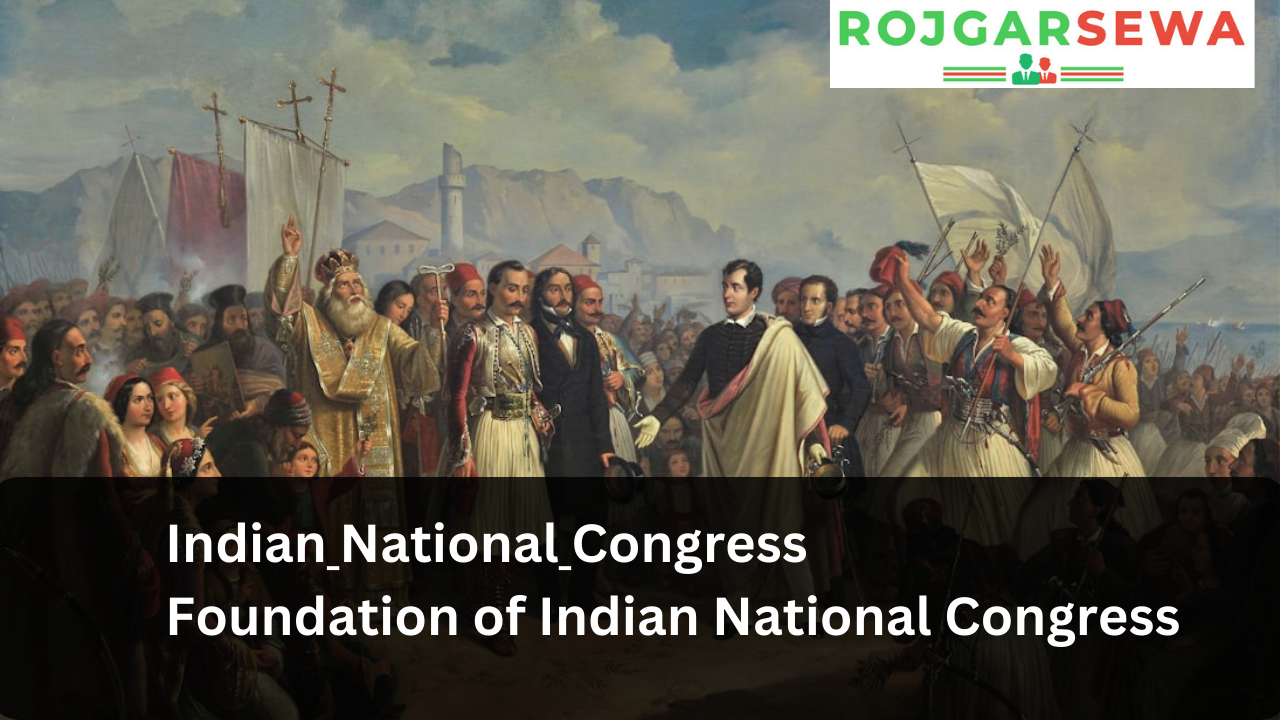


In Indian history, the formation of the Indian National congress played a very significant and important role. After the establishment of INC, all the Indians unite themselves, and they have a platform to develop Political Awareness.
Establishment of the Indian National Congress took place on December 28, 1885. INC was founded by former British Indian Civil Service employee A.O. Hume (Allan Octavian Hume), and Womesh Chandra Bonnerjee served as its first president. In Bombay (now Mumbai), Gokuldas Tejpal Sanskrit College hosted the inaugural session.
Formation of Indian National Congress
| Founder | Allan Octavian Hume( A.O. Hume) |
| Formation Date | 28 December 1885 |
| Place | Gokuldas Tejpal Sanskrit College, Bombay (now Mumbai) |
| First President | W.C. Bonnerjee |
| Participants | Dadabhai Naoroji, Dinshaw Edulji Wacha, Surendranath Banerjee, Badruddin Tyabji, Pherozeshah Mehta W. C. Bonnerjee, S. Ramaswami Mudaliar, S. Subramania Iyer, and Romesh Chunder Dutt |
Objectives of the Indian National Congress
The main objective of INC are:-
Causes of Formation
Significance
An important turning point in Indian political history was the INC’s founding, which established the framework for the organised liberation movement. It began as a moderate movement but eventually grew into a large-scale one calling for total independence. Organised opposition to British rule in India began with the INC, which represented the goals of a politically aware middle class in India.
Disclaimer: If you require any more information or have any questions about our site's disclaimer, please feel free to contact us by email at rojgarseva3@gmail.com. Read more
© 2025 -All Rights Reserved By Rojgarsewa